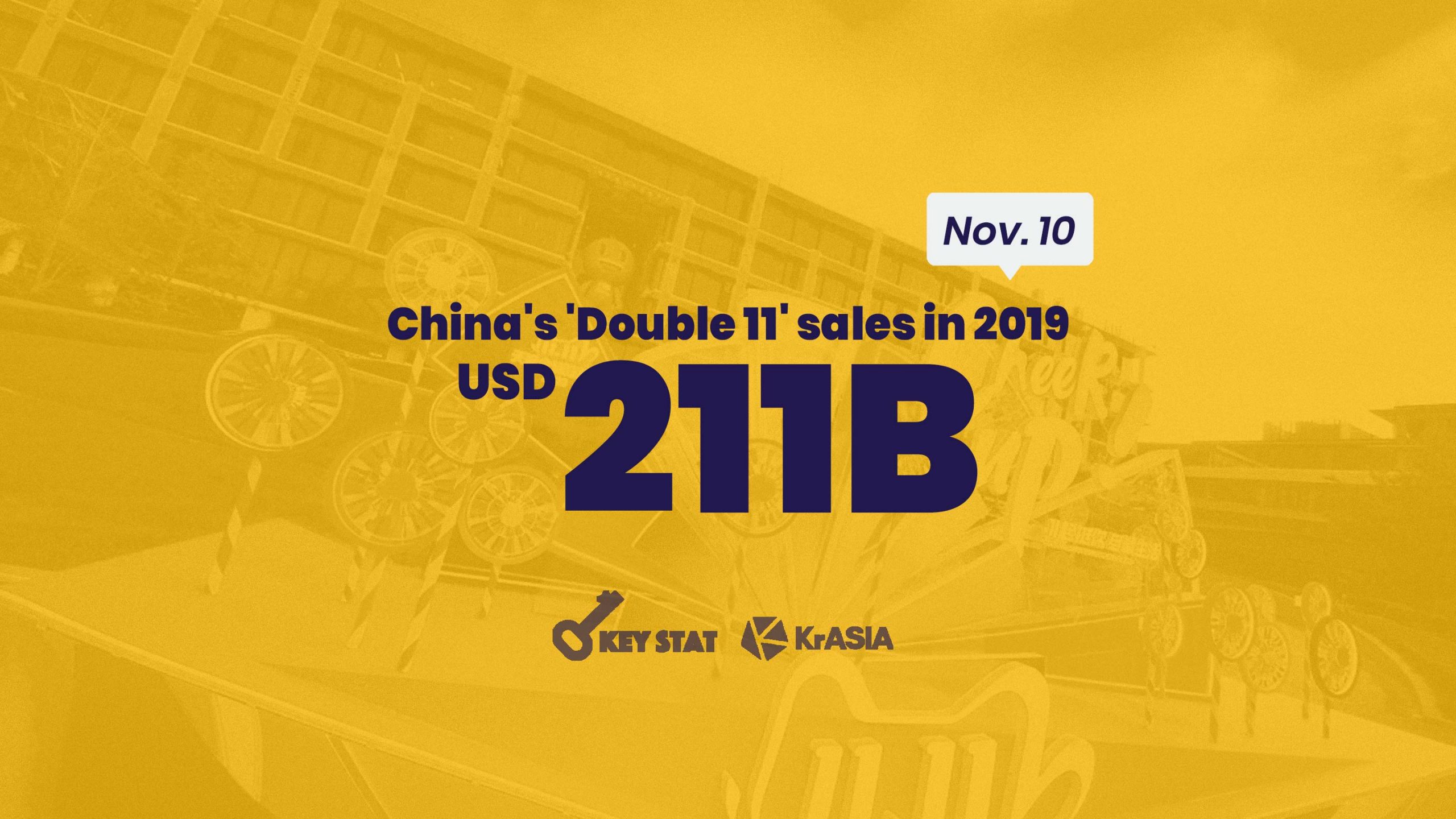With the world’s biggest online shopping event around the corner, analysts expect this year’s edition to exceed the sales record from 2019, as consumption is rebounding from COVID-19.
“86% of Chinese consumers are willing to spend the same as or more than what they did last year,” said research company Oliver Wyman after surveying 1,000 online shoppers in China. “Moreover, livestreaming and short videos, the big phenomenon of the year, still have a long way to go to convince all consumers.”
Last year, Chinese consumers spent a total of USD 211 billion on November 11, according to People’s Bank of China, while Tmall and JD.com (NASDAQ:JD; HKEX: 9618), the two major e-commerce platforms, reported USD 38.4 billion and USD 29.2 billion gross merchandise volume (GMV), respectively, for their 11/11 campaigns.
This year, Alibaba (NYSE: BABA; HKEX: 9988), the first in organizing large online shopping events in 2009, has extended the festival from 24 hours to an 11-day effort, in order to take off some pressure from consumers and logistics companies.
Pre-sale promotions started as early as October 21 on JD.com and Alibaba’s e-commerce duo Tmall and Taobao.
Due to the pandemic this year, Tmall will host its signature “11.11 Gala” on the night of the 10th as a livestreaming event, with the usual display of live GMV numbers and on-stage performances. Last year, the company wooed the audience with the appearance of global hit Taylor Swift, while this year, American singer Katy Perry was featured in the gala’s press release obtained by KrASIA.
Read this: Alibaba tests extended 11.11 shopping festival amid increasing competition
This article is part of KrASIA’s “Key Stat” series, where KrASIA picks and presents the most significant figures of the day’s technology and business world.
